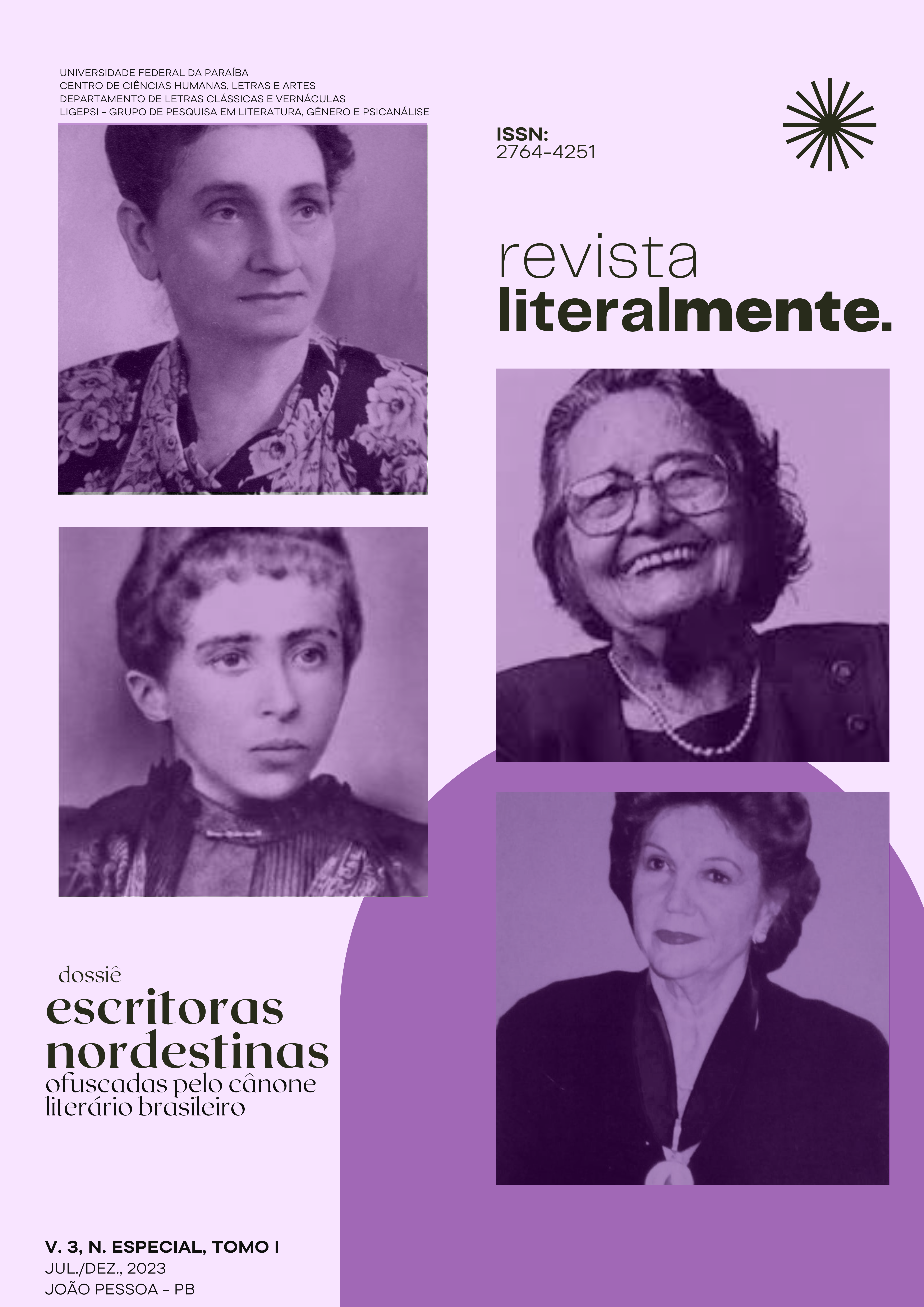FRANCISCA CLOTILDE E RACHEL DE QUEIROZ
“CEARENSIDADE”, PIONEIRISMO E RECHAÇO EM MEDIDAS DESIGUAIS
Keywords:
Pioneirismo, Escritoras Silenciadas, Beletristas Cearenses dos Séculos XIX e XXAbstract
This article, a bibliographical review with a qualitative approach and exploratory objective, analyzes Francisca Clotilde and Rachel de Queiroz, Northeastern women involved with literary, political and social causes when those spaces were hegemonically masculine. Francisca Clotilde, the first teacher at Escola Normal do Ceará and the first owner of mixed private schools in the state, impacted the society of her time due to her connection with erudition, for daring to live an adulterous relationship and also publishing a novel whose title is A Divorciada (1902), attracting repudiation. Rachel de Queiroz had been writing professionally since she was a teenager and her debut novel made her famous. She received several literary awards and was the first woman to join the Academia Brasileira de Letras. She also had a forbidden love: her involvement with political convictions that made her politically persecuted. This study aims to place them in parallel from the perspective of Almeida (2006; 2007; 2008), Almeida (2012), Câmara and Câmara (2015), and Câmara, Câmara and Soutullo (2015) among other researchers. We conclude that, avoiding anachronies and focusing on the facts, even though the name “Rachel de Queiroz” normally appears instinctively when we talk about “Northeastern female writers” and, mainly from Ceará, Francisca Clotilde was one of the most silenced female writers in national literary historiography.
Downloads
Downloads
Published
How to Cite
Issue
Section
License
Copyright (c) 2024 Revista LiteralMENTE

This work is licensed under a Creative Commons Attribution-NonCommercial 4.0 International License.










